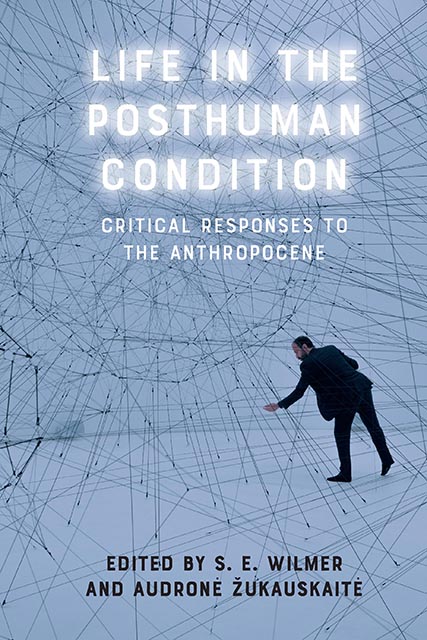3 - For Whom is Apocalypse a New Idea?: Thoughts on Staging the End
Published online by Cambridge University Press: 20 October 2023
Summary
We are currently surrounded with discourses about the inevitable end of the planet. There seemingly will be an end; and our everyday actions are only forestalling its emergence. In the Euroamerican reality we are in a climate crisis or we are nearing a moment of apocalypse. Imagining that end is a regular part of cultural production. This chapter considers two recent plays that imagine the end in ways that question the temporalities and ideologies based in Euroamerican coloniality. These two plays, Aya Ogawa's Ludic Proxy and Yvette Nolan's The Unplugging, were both written at the same time – 2010–12 – and one feels a synergy between them (Ogawa 2015; Nolan 2014). Although the plays and their dramaturgies are strikingly different, Ogawa and Nolan open up the possibility of thinking about how a post-Anthropocenic world might be lived, gesturing towards the ethics we will need to embody as we reimagine or remember. These plays consider the importance of organic matter, knowledge sharing and care as the pillars of life on earth. On the chopping block are our stubborn attachment to the idea of the human; risk management through individualistic rational choice; clinging to an outdated notion of futurity as imbedded within teleological progressive time; and the idea of knowledge production as a form of mastery or transactional exchange. It is not an accident that the ideologies these plays ask us to abandon are suffused throughout with Euroamerican (‘Western’) philosophies of coloniality, enlightenment humanism and neoliberal ideologies. As a scholar of colonialism, I come late to the idea of the Anthropocene and eco-criticism. As such, my consideration of Ludic Proxy and The Unplugging is deeply indebted to scholars who have been working within this field for much longer than I have, whose contributions I discuss below before moving into my analysis of the plays.
Anthropocene, or ending with a different relationship to endings
The concept of the Anthropocene is an attempt to demarcate the era in which human behaviour has been the dominant influence on the climate and the environment so as to understand the crisis of the present.
- Type
- Chapter
- Information
- Life in the Posthuman ConditionCritical Responses to the Anthropocene, pp. 53 - 70Publisher: Edinburgh University PressPrint publication year: 2023



